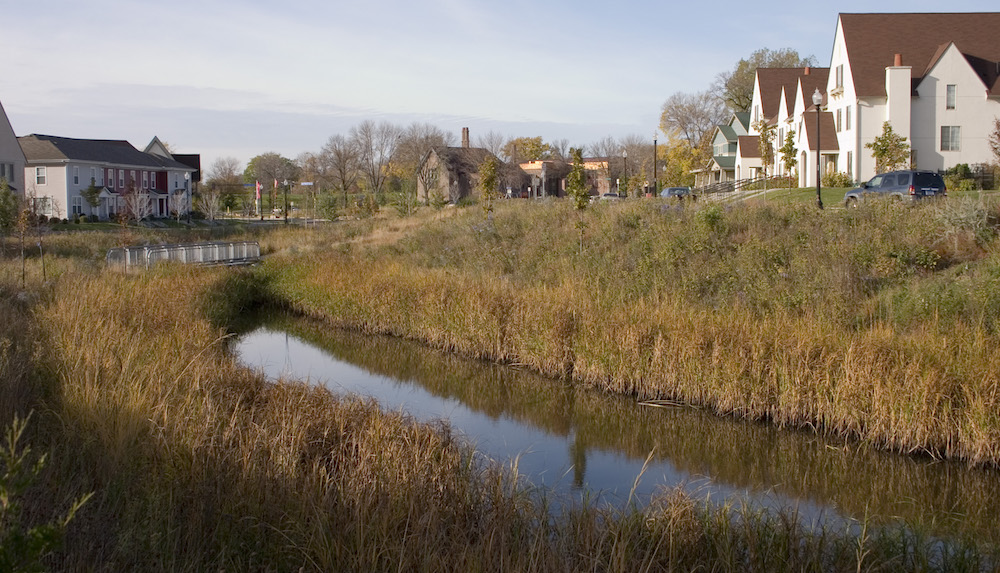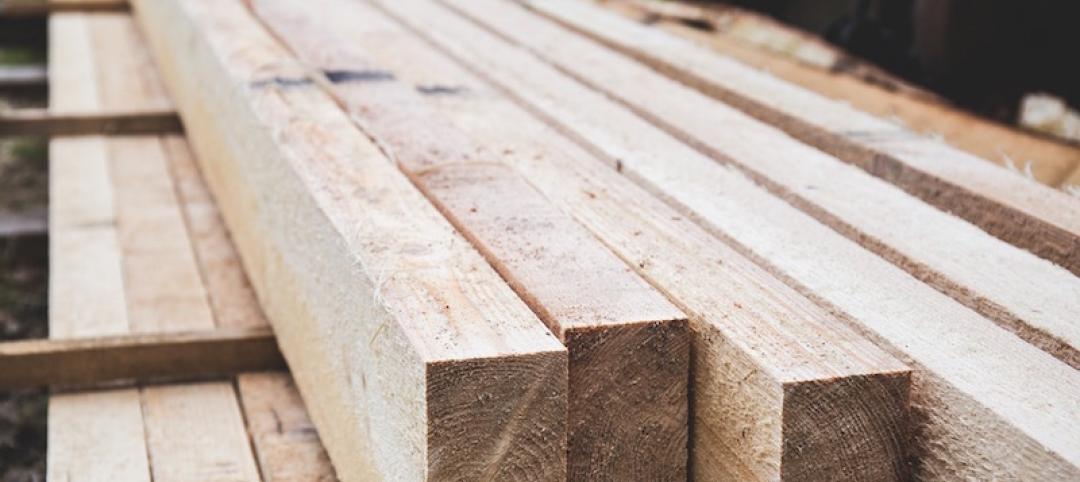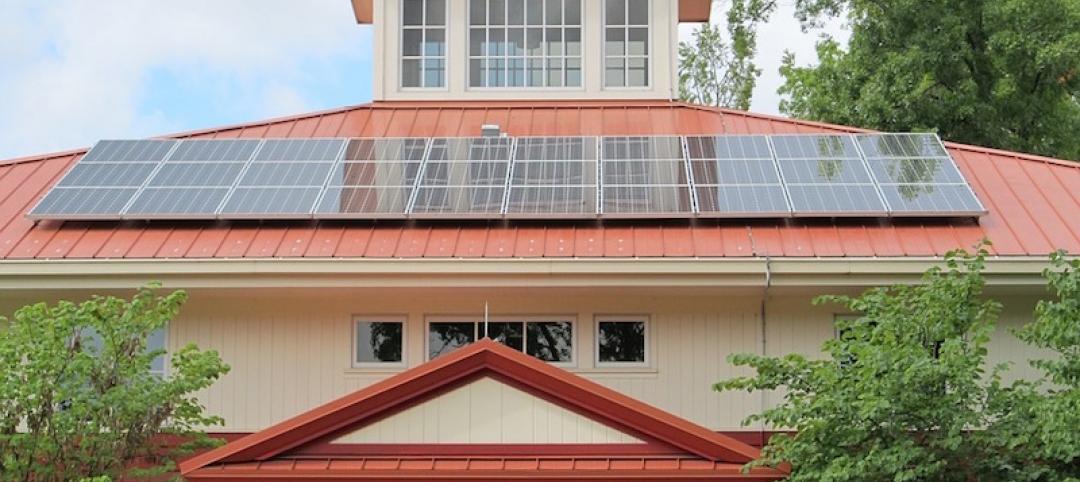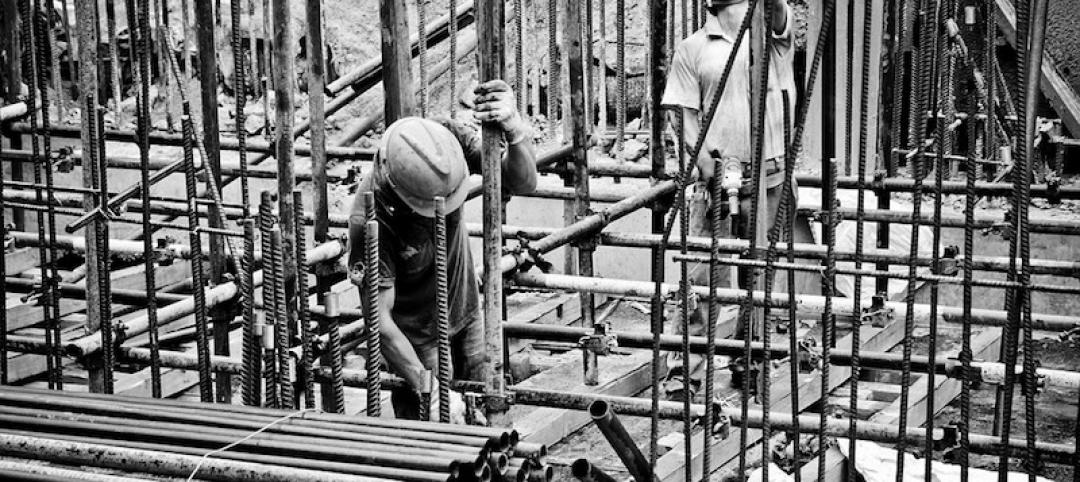The Environmental Protection Agency’s has proposed new National Pollution Discharge Elimination System (NPDES) general permit requirements regulating stormwater discharges from construction activities.
The proposal applies to construction sites of one or more acres, or less than one acre, but part of a larger development. The proposal would:
- Prohibit hazardous substances, such as paint or caulk containing polychlorinated biphenyls (PCBs) from authorized non-stormwater discharges of external building washdown waters.
- Require permittees to include the EPA’s contact information in public notices that are already required to be posted in a prominent location near construction sites.
- Require permittees to cover or use another method of temporary stabilization for inactive soil stockpiles and land clearing debris piles where the piles will be unused for 14 or more days.
- Require permittees to keep waste container lids closed (or provide some other secure cover where containers do not have lids).
- For demolition of structures with at least 10,000 sf of floor space built or renovated before 1980, require permittees to implement controls to minimize the exposure of PCB-containing building materials to precipitation and stormwater.
- Require permittees to state on their Notice of Intent (NOI) form the type of construction activities that will be involved.
These potential permit changes could significantly increase the time, effort, and resources required to comply with stormwater management obligations, according to an article by the law firm Dykema, Gossett PLLC.
Related Stories
Codes and Standards | Dec 5, 2017
Guide for understanding medical monitoring requirement of OSHA silica standard released
Center for Construction Research and Training gives advice on new regulation.
Codes and Standards | Dec 4, 2017
Trump tax proposal would kill historic tax credits
Developers would lose up to 20% discounts on some redevelopment projects.
Codes and Standards | Nov 30, 2017
Asheville, N.C. rezoning favors pedestrians, could change city’s character
Focus is on layout and look of new buildings rather than use.
Codes and Standards | Nov 29, 2017
Many New York City landlords have not addressed new flood codes
City revised building codes after Superstorm Sandy, but many owners not required to upgrade.
Codes and Standards | Nov 28, 2017
Nail-Laminated timber Canadian design and construction guide released
Includes practical strategies and guidance with lessons from real-life projects.
Codes and Standards | Nov 27, 2017
New standard to monitor building sealing performance
Increased understanding of how materials act when stretched and compressed is the goal.
Codes and Standards | Nov 27, 2017
Denver voters approve green roof mandate
Buildings of 25,000 sf or larger required to install vegetative roof or PVs.
Codes and Standards | Nov 21, 2017
USGBC adopts ‘RELi’ resilient building and design standard
The standard prescribes methods for designing more resilient buildings and communities.
Codes and Standards | Nov 21, 2017
Updated material transparency web site and hazardous building materials list unveiled
Improved versions of tools aimed at use of healthier construction supplies.
Codes and Standards | Nov 16, 2017
White roofing isn’t always the best choice
Adverse effects include heat reflection onto nearby walls.

















